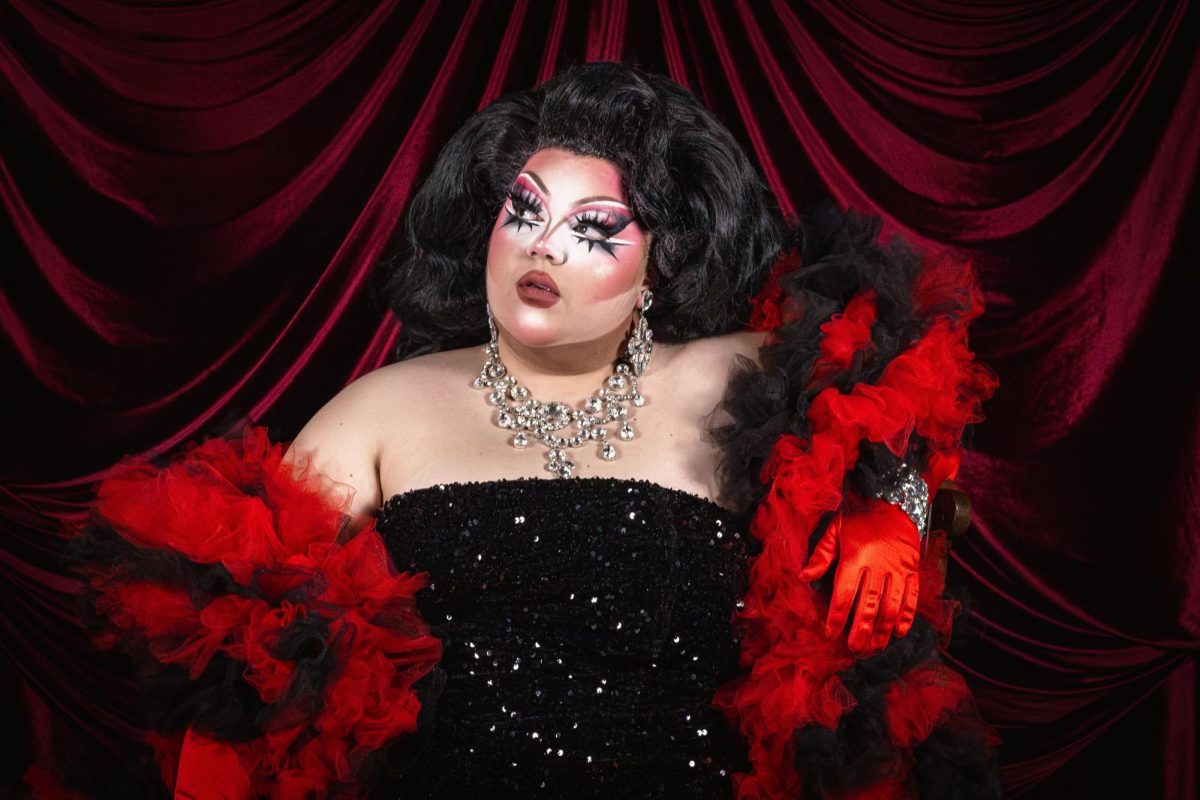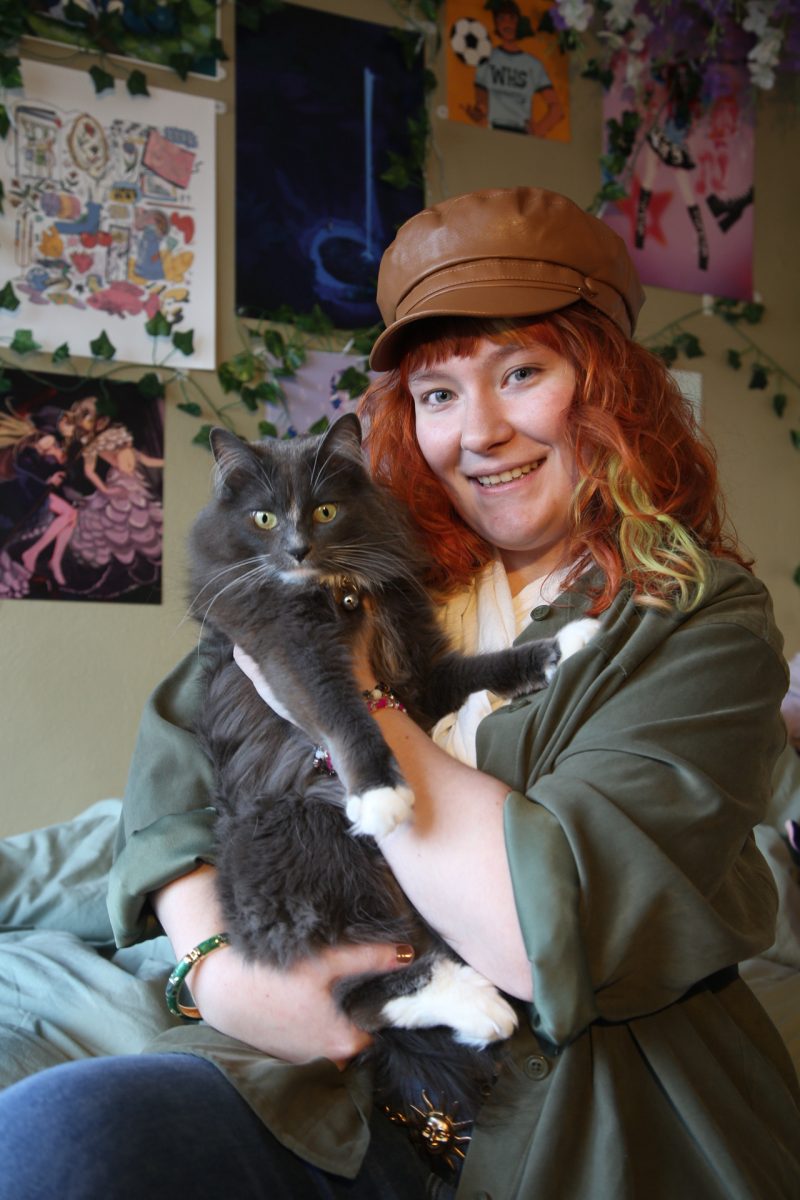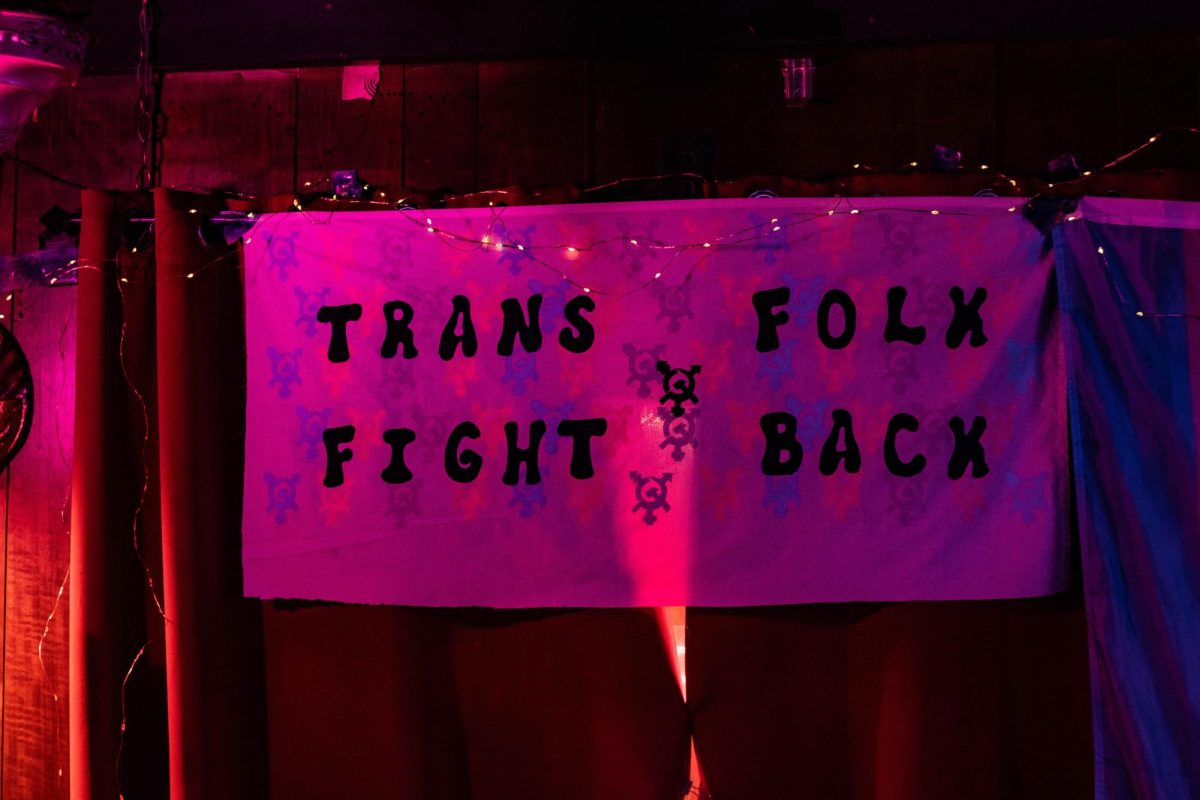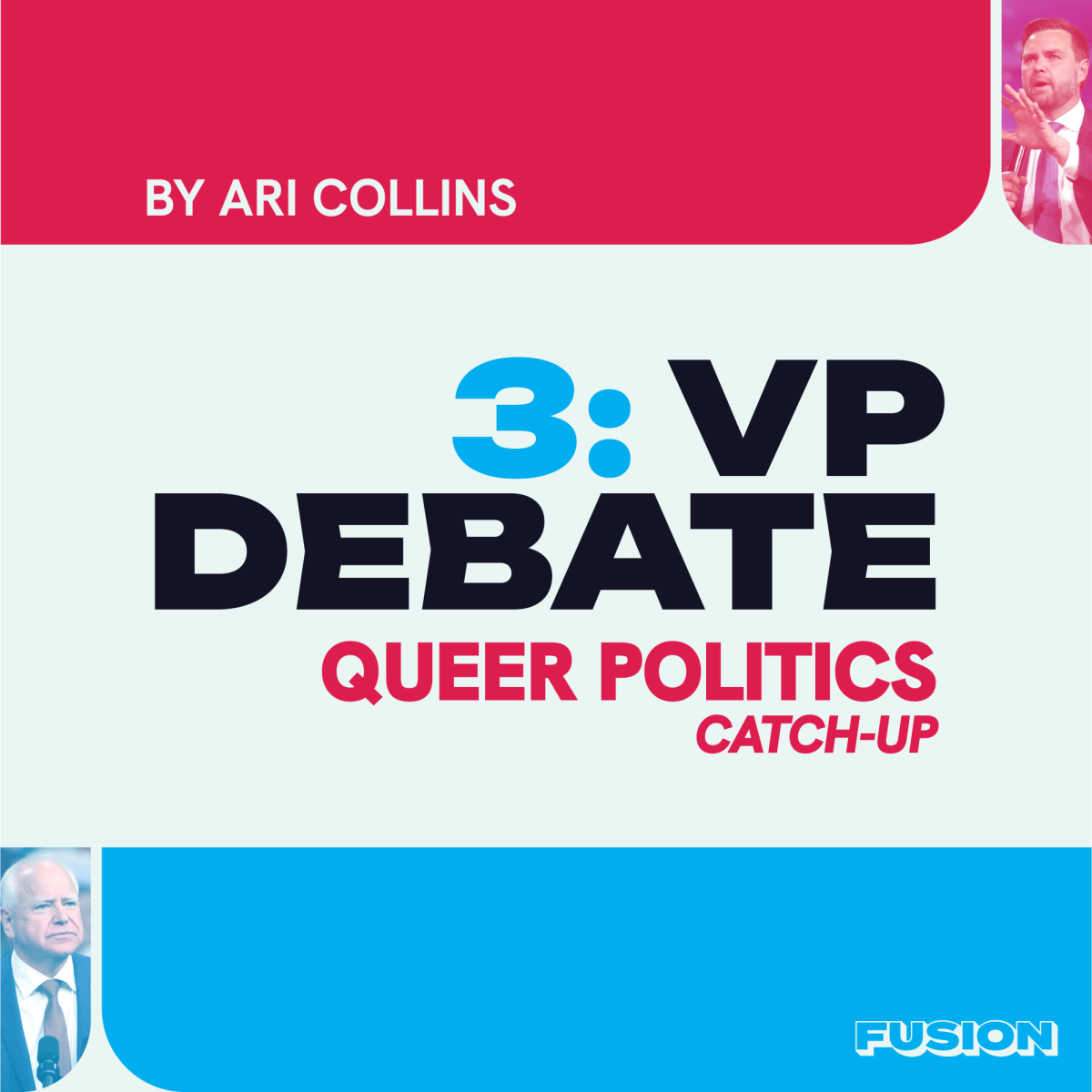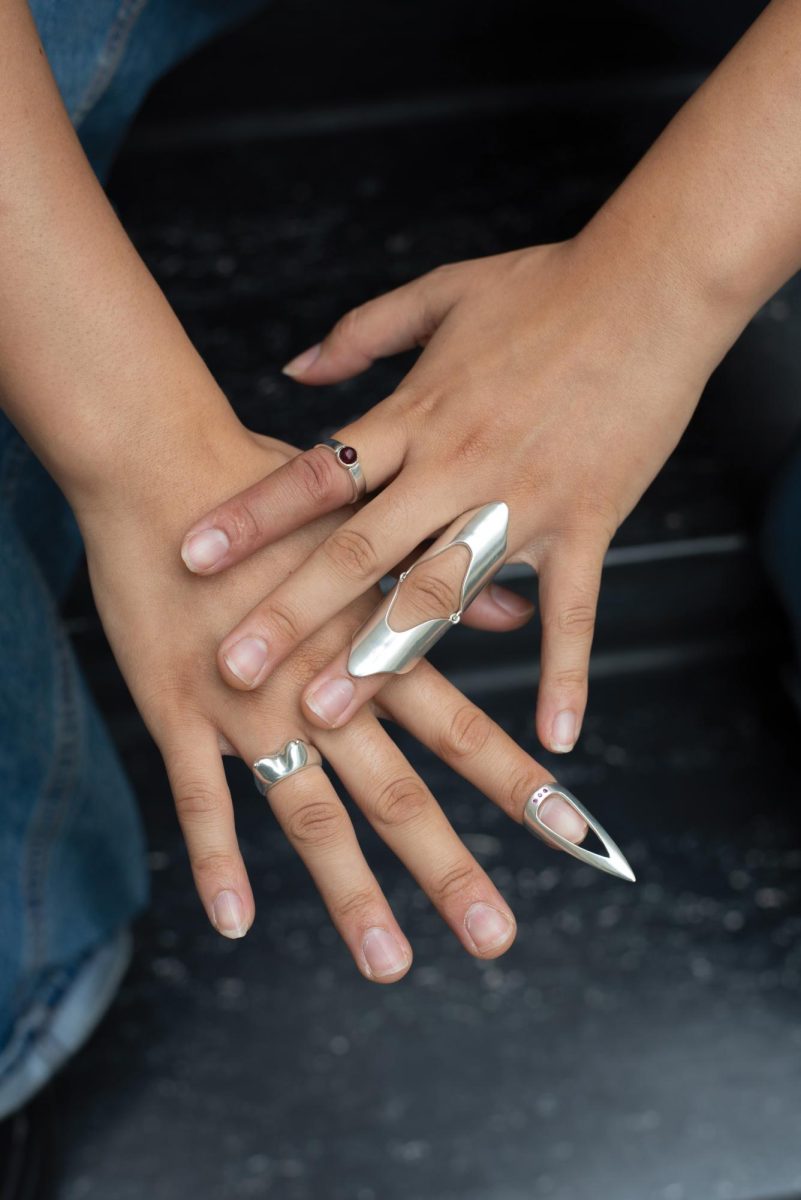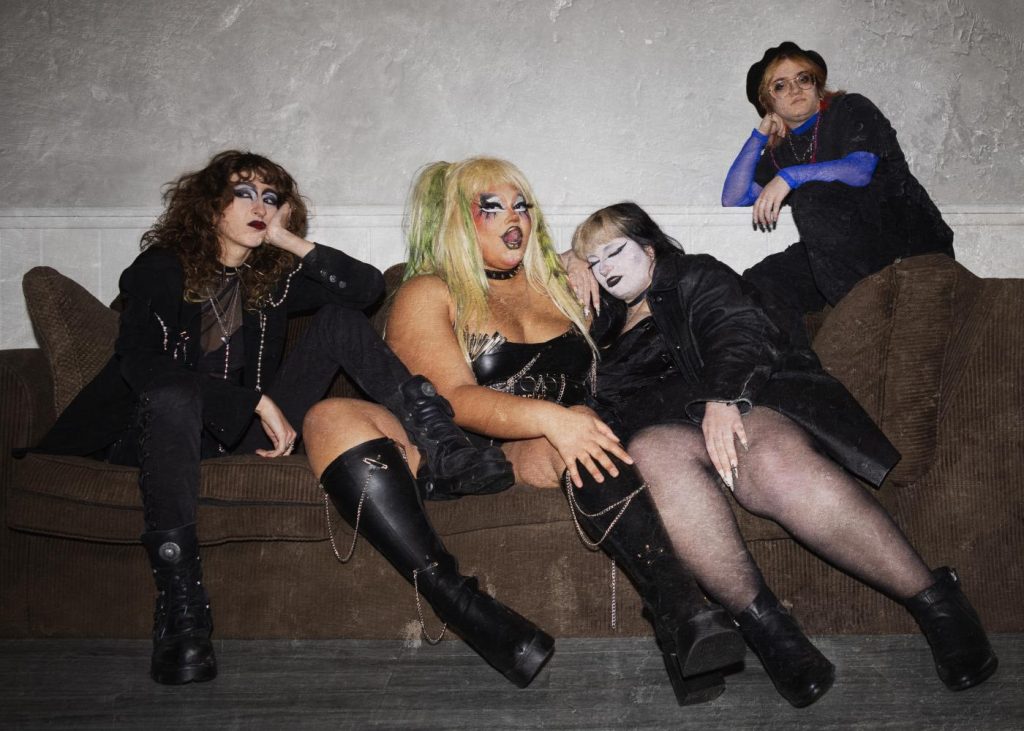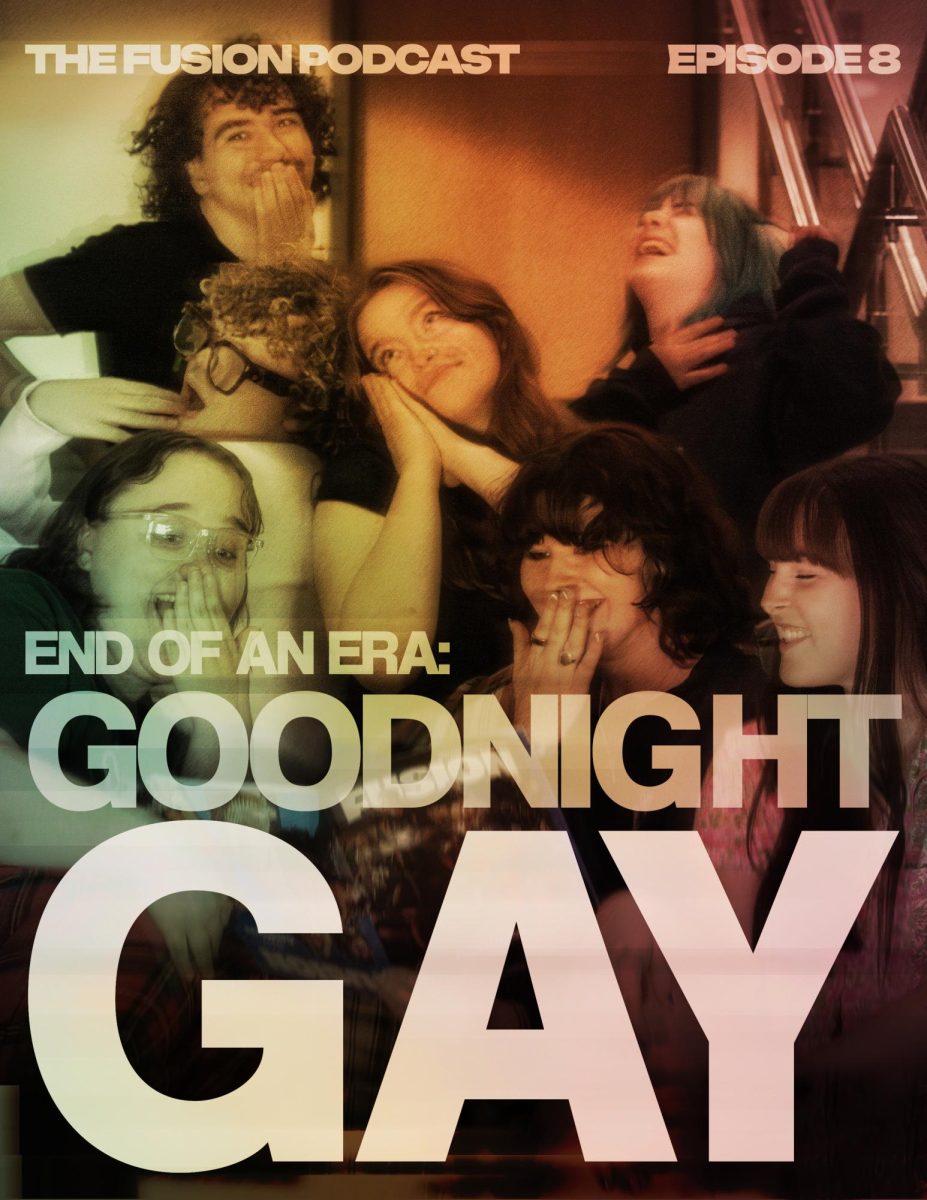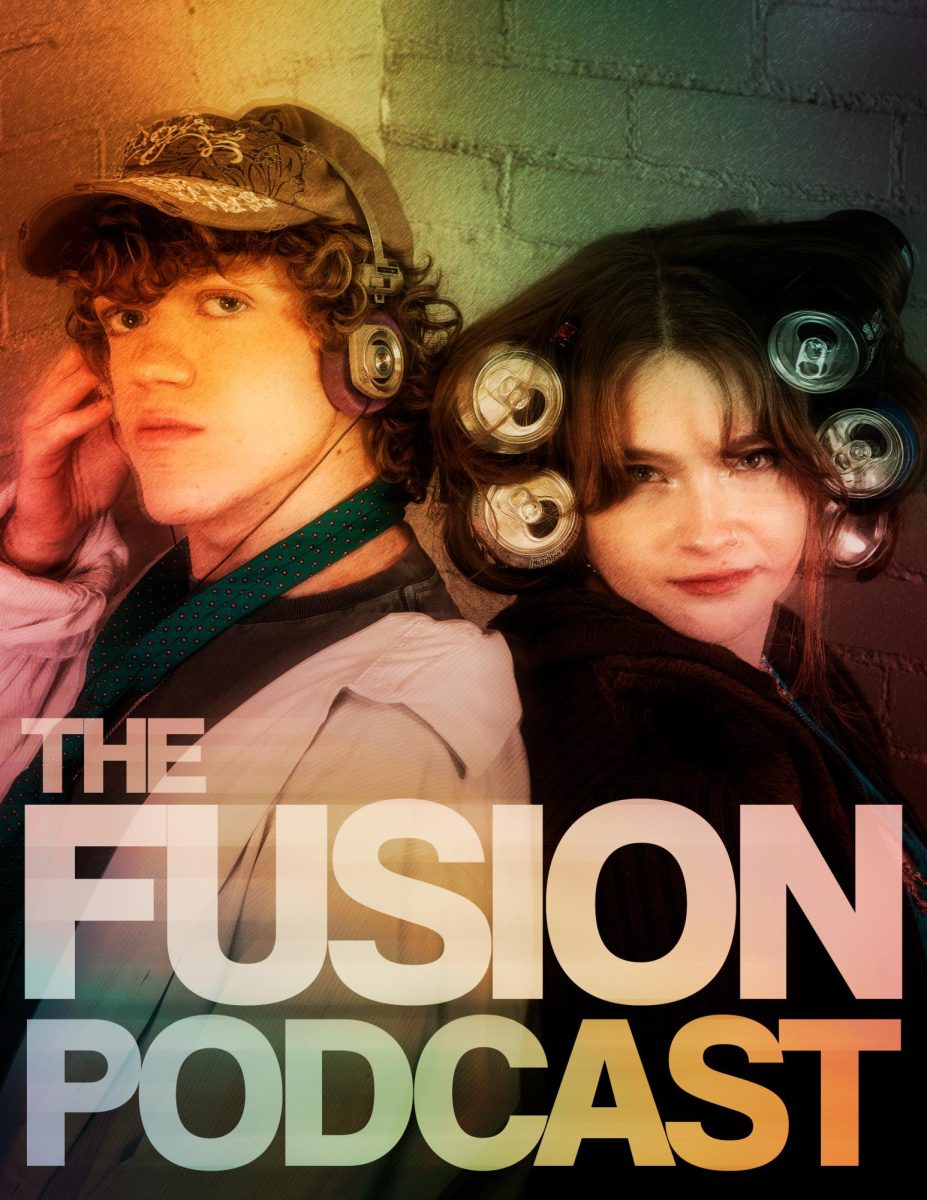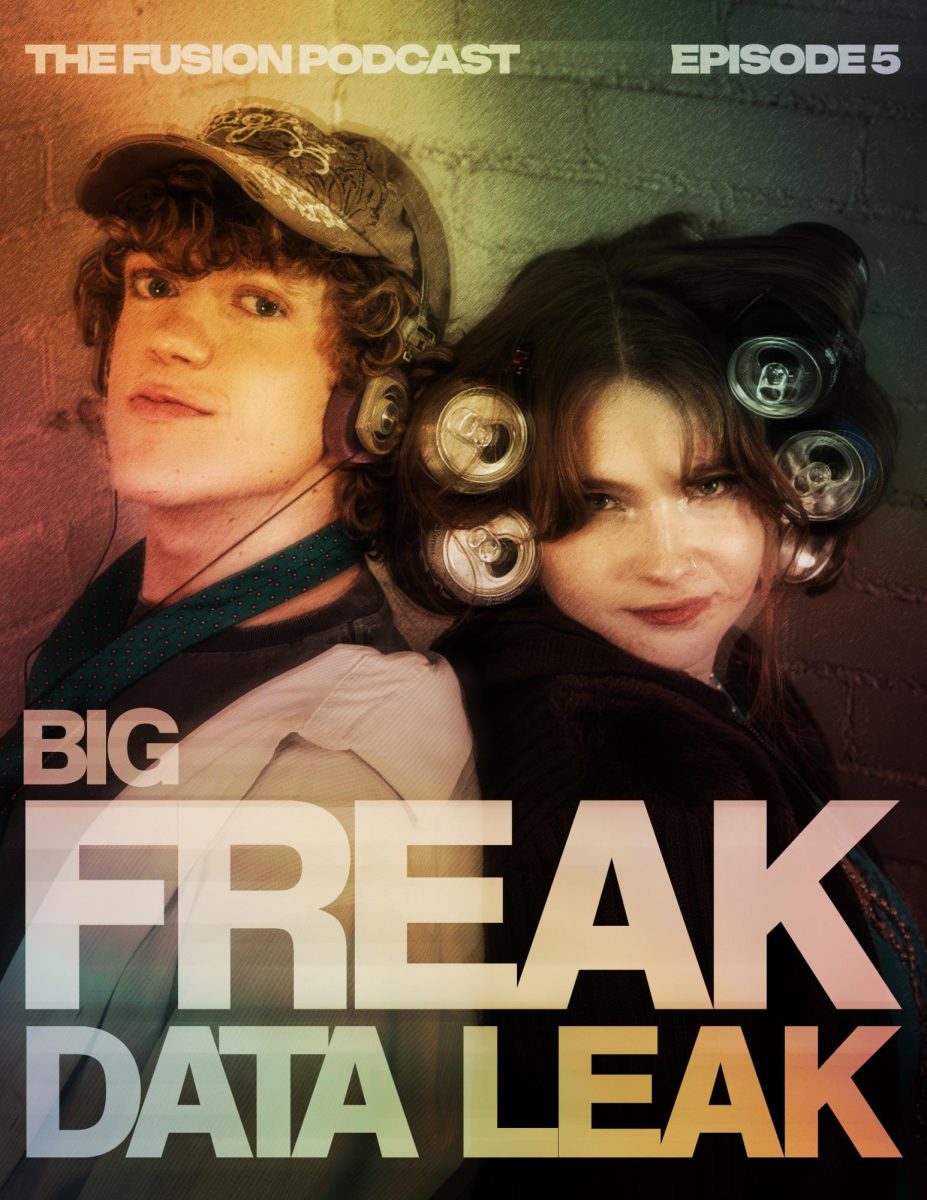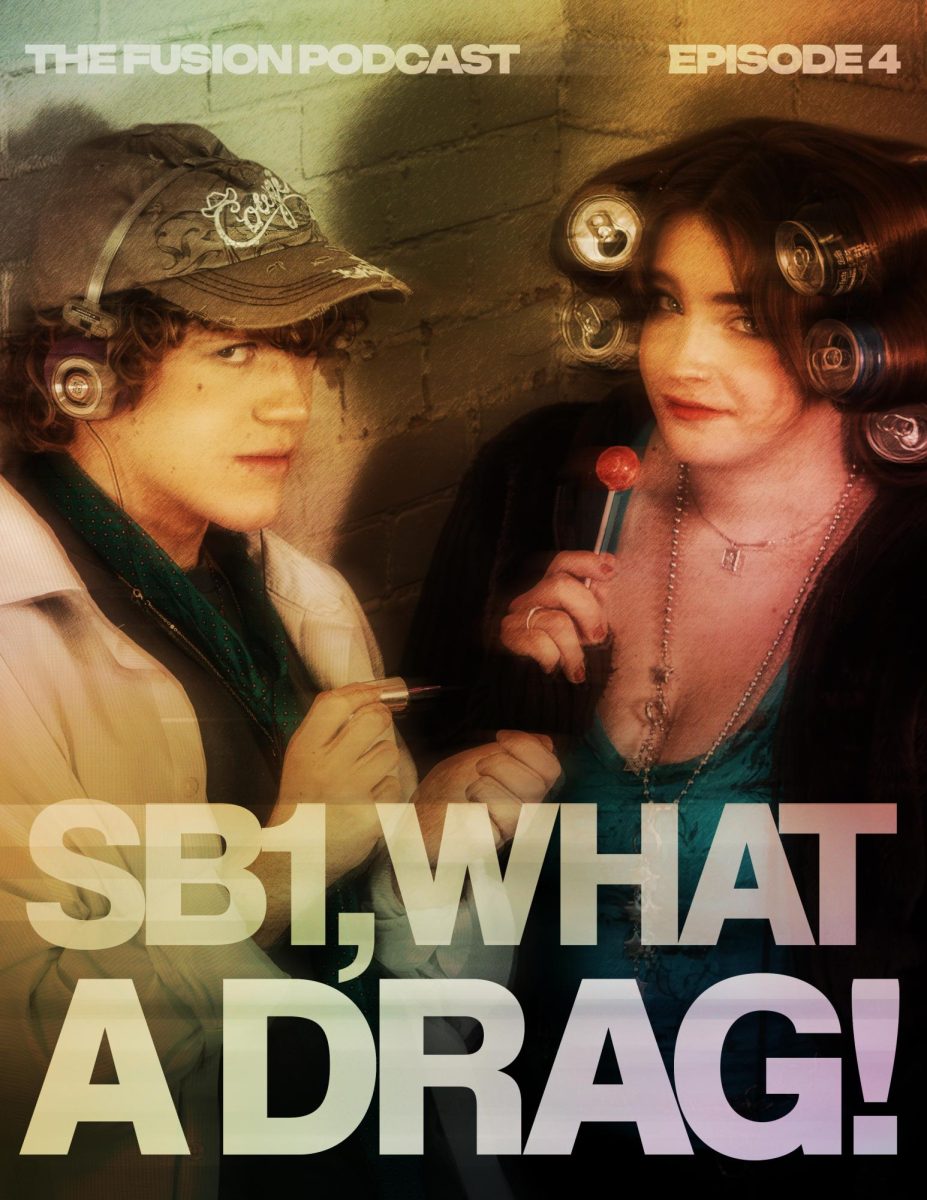An exclusive column by Alfreda Brown, Kent State vice president of diversity, equity and inclusion.

By Dr. Alfreda Brown
We had been working together at another university for several years. He cared deeply about so many of the same things I cared about. We had a mutual understanding that was easy flowing as only two great friends could have.
One day, without any warning, and in a matter-of-fact kind of way, my long-time friend simply said it: “I’m gay.” He said it while talking about a lot of other things; it was sort of mixed in some other statements. I almost missed it. He didn’t seem to want to give me the chance to respond, but I knew how much he wanted me to know. He needed me to hear him say it.
I was stuck for a moment. I looked away from him, and when I looked back, I knew he was searching — searching for our friendship, our relationship that was so easy-flowing, so good, so kind, so wonderful. He needed me to understand. Even though it was a subtle need, it had been a weight on him. He needed to tell me. I needed to reaffirm our friendship. It wasn’t time for me to flake out, and I didn’t. But I wasn’t sure I really heard what I heard.
You may be sitting here reading this and wondering to yourself, “What’s the big deal?” In retrospect, in some ways, I think the same thing but not in the obvious way. My friend’s two simple words — a frank, personal admission of part of who he is, has ruined lives and separated friends and families forever, it seems. Living life in the closet is a safe place for many. If someone hasn’t come out yet, they may not be ready to accept the reality that they may be treated differently by some just because of who they are.
Yet there is an undeniable freedom in the release of those two words. Breaking the silence is the beginning of unlocking the personal prison in which someone who’s different from the majority places him or herself. It is not in how the world treats us that determines our destiny; it is the internal struggle with accepting the change we need to make within ourselves. We have the power within us to change the world by first changing how we will deal with the world.
What would you have done in my place? What would change about one of your best friends if he or she came out to you today? We’ve all kept things from someone we’re close with, but imagine the burden of keeping something as personal as sexual preference from someone who’s so important in your life. How would you do it? Could you do it?
No one should have to carry such a burden.
As Kent State’s highest-ranking diversity advocate, I’m working to make Kent State a university where no one should fear standing up and being out about who he or she is. I am a firm believer that we can put excellence in action only when we foster appreciation of all differences, however subtle or obvious they may be. It is the right of all people to be treated with respect and dignity.
But recognizing differences and promoting their value in the majority is just the start. Difference is a norm in America; we are a country full of difference, which has been our capitalizing strength — and at the same time, our destructive downfall. We struggle with it as a nation because we have not, as a society, placed value in educating current and future generations that what seems to separate us actually binds us together as a strong nation.
Mahatma Gandhi tells us to “be the change you want to see in the world.” And that’s the challenge I make to you, Kent State, and the challenge that motivates me every day I come to work to make this university a better place for all of us.
I encourage you to ask lots of questions about things you don’t understand. Share information about those things that you do understand, and keep an open mind and a willing heart for change. If you are in class and someone makes a hurtful, uninformed remark, challenge it. Ask, “Why?” We need more advocates who will stand up for those who find themselves at a disadvantage because of differences in the way we think, live and simply are.
And I’m here for you, for all students, staff and faculty at Kent State. In spite of what it feels like at times, things do have a way of working out. As it reads in our university’s official code, “Kent State University is … committed to maintaining an educational, residential and employment environment free from hostility, intimidation, or harassment based on such personal attributes as race, color, religion, national origin, age, disability, identity as a veteran with a disability, veteran of the Vietnam era, gender, sexual orientation, or on any other basis.” That’s a lot of people to stand up for, and whether you can check any of those boxes yourself, I am wholeheartedly an advocate for your success at Kent State.
I was speechless when my friend came out to me 15 years ago. I really had no idea this was who he was, and did it really matter? For a split second, I wasn’t sure I was talking to the same person. I was caught between two opposing opinions. I never had to choose to be close friends with someone gay. But the choice was made for me. I was already his friend. I knew he was still the same person and one of my very close friends. Being gay could not change that.
And it didn’t. Being gay made no difference whatsoever.
Dr. Alfreda Brown is Kent State’s vice president of diversity, equity and inclusion.
(This article originally appeared in the Winter 2009-10 print edition.)



